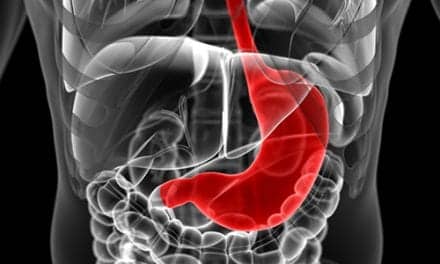11/13/06
The lungs of patients suffering chronic obstructive pulmonary disease (COPD) attempt to repair damaged elastic fibers, a new finding that contradicts the conventional wisdom on the capabilities of the adult lung.
The study "Evidence for attempted regional elastic fiber repair in severe emphysema," was done by Jason Woods, Kristin Castillo, Alexander Patterson and Richard Pierce of Washington University, St. Louis, Mont; Joel Cooper of the University of Pennsylvania, Philadelphia; and James Hogg of St. Paul’s Hospital, Vancouver, British Columbia. The authors will presented their findings November 3 at The American Physiological Society conference "Physiological Genomics and Proteomics of Lung Disease."
The researchers found that synthesis of elastin, a gene linked to elastic fiber growth, is increased in the moderately diseased tissue of COPD patients. Elastic fibers allow the lung to expand and contract with breathing.
"We’ve found elastin synthesis to increase in the air sacs (alveoli) and airways of the lungs of patients suffering severe or end-stage COPD," Woods said. "This shows that the lung may be attempting to repair itself."
The finding is important because it could pave the way to develop a drug to ‘turn on’ key genes to allow the lung to grow new alveoli, he said. Alveoli play a role in the exchange of oxygen and carbon dioxide between the lungs and the circulatory system.








